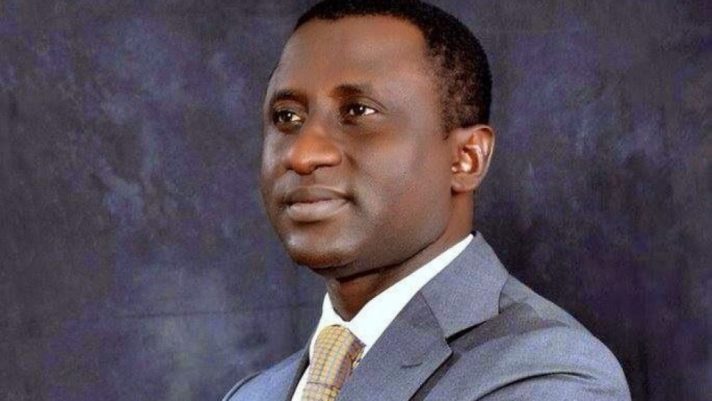Balancing opportunity, risk key to energy growth — Ogah
Uchechukwu Ogah, president of Masters Energy Group and former Minister of State for Mines and Steel Development, has said that Nigeria’s energy future depends on the nation’s ability to balance far-reaching reforms with the realities on the ground. He urged stakeholders across government, industry, and finance to harmonise policy, investment, and innovation to ensure sustainable growth in the energy sector.
Speaking at the NAEC Energy Conference 2025 in Lagos, themed “Nigeria’s Energy Future: Optimising Opportunities and Addressing Risks for Sustainable Growth,” Ogah called for pragmatic reforms and consistent policy direction to strengthen Nigeria’s energy transition and long-term stability.
He acknowledged the transformative potential of the Petroleum Industry Act (PIA) 2021 and the Electricity Act 2023, but emphasised that effective coordination among government agencies, regulators, and private investors is critical to their success.
“Nigeria’s energy future is not a choice between opportunity and risk; it is a challenge to navigate both dynamics together,” Ogah said. “Success demands a multi-pronged strategy that leverages our strengths while confronting our vulnerabilities head-on.”
Read also: Oil, gas, and ESG: Balancing transition risks
Citing a report by the Nigerian Society of Engineers (NSE), Ogah noted that national power generation remains below 50 percent of installed capacity due to persistent gas shortages and transmission bottlenecks. He identified three key challenges facing the energy sector: ensuring reforms deliver measurable outcomes, maximising the value of hydrocarbon assets before global demand declines, and expanding access to affordable power for citizens.
The Masters Energy boss underscored that oil and gas remain central to Nigeria’s economy, providing nearly 70 percent of export earnings and sustaining millions of livelihoods. He highlighted gas commercialisation projects such as the Utorogu Gas Processing Facility as vital to energy security and industrial growth, describing gas as Nigeria’s “strategic bridge fuel” capable of powering industries, supporting clean cooking, and positioning the nation as a leading LNG exporter.
However, Ogah warned that underinvestment, oil theft, and insecurity threaten the full realisation of the PIA’s objectives. He added that while global energy transition efforts pose challenges, they also present “the greatest economic opportunity of the 21st century” for Nigeria.
He called on the nation to exceed its 30 percent renewable energy target by 2030, warning that failure to act decisively could turn Nigeria into “a consumer and dumping ground for imported technologies.” He stressed, “We must not be consumers of the green economy; we must be creators within it.”
Read also: Renewable energy policy: The role of government in supporting clean energy transition
Ogah identified gas, renewables, and innovation as Nigeria’s three key growth frontiers. He advocated for large-scale solar projects, mini-grids, and local solar manufacturing under the proposed Nigerian Solar Manufacturing Initiative. He also pointed to blue hydrogen, biofuels, and critical mineral exploration as essential for industrial diversification.
Highlighting persistent risks such as policy inconsistency, infrastructure deficits, and skills shortages, Ogah proposed practical solutions, including a single-window licensing system, grid modernisation, and benefit-sharing models to strengthen investor confidence and community trust. “Policy certainty attracts capital; community trust protects it,” he said.
Ogah further proposed establishing a National Energy Transition Academy to build local capacity, while warning against industrial unrest, referencing recent tensions between PENGASSAN and the Dangote Refinery.
He concluded by calling for a united national effort: “By optimising today’s hydrocarbon assets and building tomorrow’s clean-energy ecosystem, we can fuel sustainable growth for every Nigerian.

